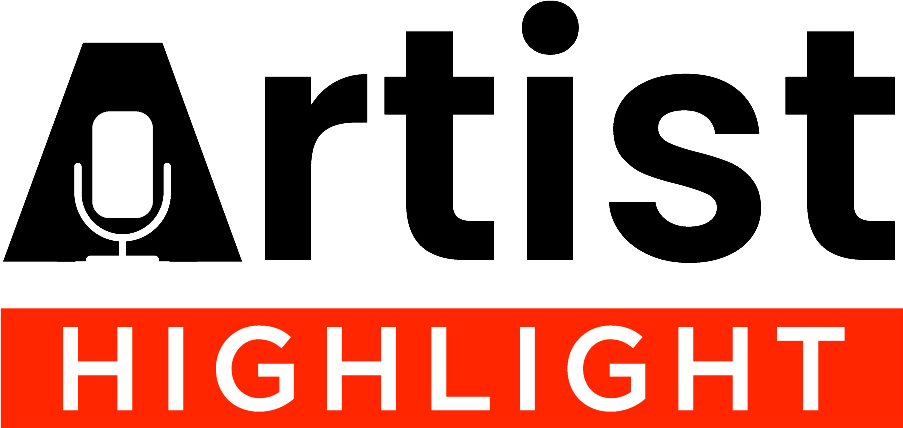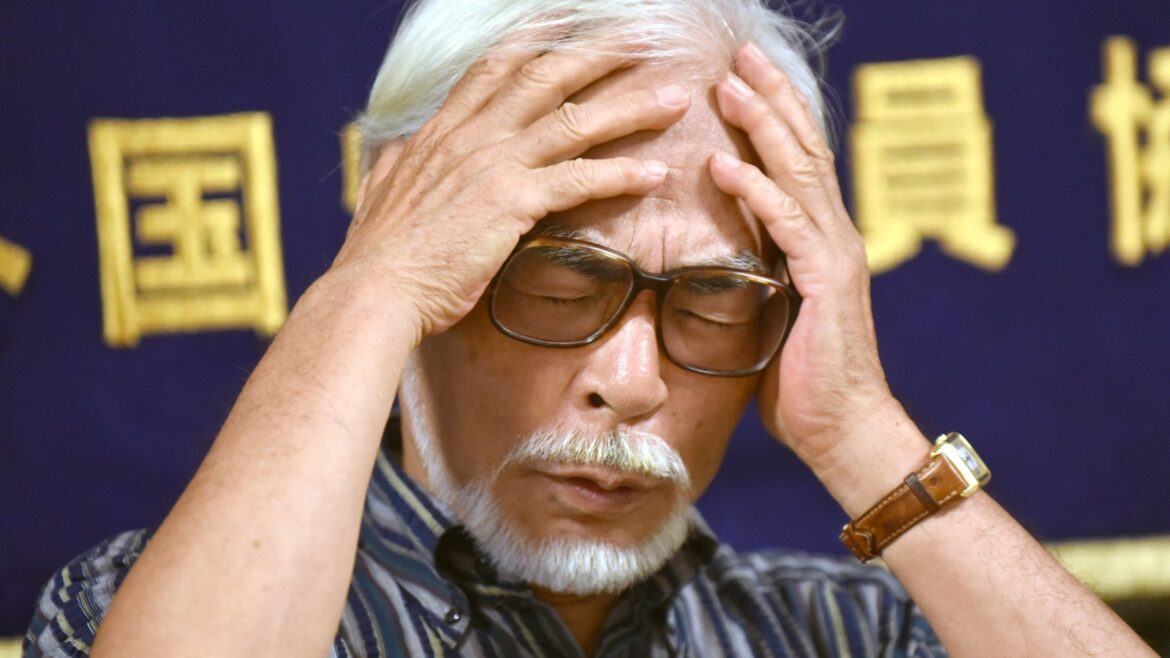OpenAI’s GPT-4o and the Controversy over Hayao Miyazaki’s Style
The recent introduction of OpenAI’s GPT-4o model has ignited a heated debate surrounding the ethical implications of using artificial intelligence to create art in the style of renowned Japanese animator Hayao Miyazaki. Traditionally celebrated for his deep appreciation for humanistic values, meticulous artistry, and themes of nature versus industrialization, Miyazaki has unwittingly become the focal point of a viral meme trend using AI-generated images.
AI Meme Generation Takes Center Stage
Following the launch of GPT-4o, which is available exclusively to subscribers of ChatGPT at $20 a month, social media has been flooded with AI-generated images mimicking the visual aesthetics of Studio Ghibli, the animation studio co-founded by Miyazaki. Popular meme formats, such as “Distracted Boyfriend” and “Disaster Girl,” have been transformed into anime-style illustrations similar to those seen in cherished films like Spirited Away and Howl’s Moving Castle.
The Backlash from Fans and Artists
While some users have expressed admiration for the novelty of this technology, a substantial portion of the online community has criticized it. One user lamented, “Do you morons truly value art so little that it’s just a filter for your profile pic? Pay a fucking artist and make something real.” Another user articulated a broader sentiment, stating, “The soul has been sucked out of society; nothing really matters anymore.” Calls for legal action against OpenAI and concerns about the potential exploitation of Miyazaki’s work have also emerged, with some suggesting that “hope Studio Ghibli sues everyone involved.”
Copyright Concerns Arise
As the trend escalated, legal questions regarding copyright and artistic integrity surfaced. OpenAI’s CEO, Sam Altman, initially fueled interest by sharing a Ghibli-styled image of himself. However, the company responded to the growing concerns by implementing restrictions on generating images in the style of living artists. Despite this, users quickly discovered workarounds, leading to various inappropriate uses of the technology, including sensitive historical events.
Miyazaki’s Perspective on AI Art
Miyazaki, now 84 years old, has long been an advocate for traditional hand-drawn animation and has articulated a clear disdain for AI-generated art, claiming, “Whoever creates this stuff has no idea what pain is whatsoever… I strongly feel that this is an insult to life itself.” Such sentiments, expressed in a 2016 documentary, resonated with many who feel that AI art undermines the integrity of artistic labor.
Societal Reflection and Future Implications
The rapid adoption of AI for artistic purposes has sparked a wider conversation about the societal value of art and the implications of technology on culture. Notably, political figures and public accounts have also joined in on the meme phenomenon, blurring the lines between serious commentary and digital jest. The ramifications of this trend prompt essential questions about the artistic narrative and the role of technology in shaping our cultural landscape.
OpenAI’s Response to the Craze
In light of the overwhelming interest in GPT-4o, Altman acknowledged the challenges it posed on OpenAI’s resources, suggesting that temporary rate limits would be instituted as the company seeks to enhance efficiency. As the line between creative expression and technological capabilities continues to blur, the ongoing dialogue about the future of art and the role of AI presents intriguing possibilities and ethical dilemmas.

